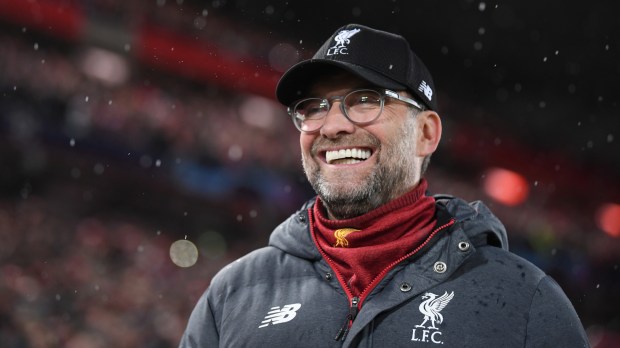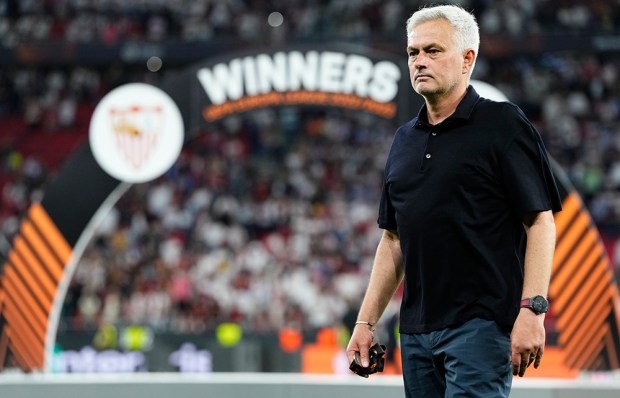So all that sound and fury about Manchester City’s sins signified precisely nothing. Well, a €10 million fine isn’t nothing, but City would need just a couple of minutes looking down the back of the sofa to lay their hands on that. What was heralded by Uefa all those months ago as unspeakable financial jiggery-pokery that warranted a two-year ban from European football turns out on appeal to be a minor misdemeanour, a parking ticket at best. Nothing to see here. Move along please.
Fair enough. I love Pep’s City and what his team has brought to the Premier League, but I could never understand, if they were going to be banned, why not Paris Saint-Germain, Real Madrid, Barcelona and Juventus as well? See how that plays with the viewing figures for the Champions League.
Isn’t the root of the problem that no one has the slightest clue about, or really very much interest in, Uefa’s financial fair play regulations? The Gulf states are keen on their soft power and elite football is a crucial part of that. Even Newcastle United are being pursued by the Saudis in what’s turning out to be a thorny courtship. But has there ever been any transparency in the game? Fiddling the gate money is almost as old as football itself, with the butcher, the baker and Uncle Tom Cobbley all queuing up for their cut.
It might be the beautiful game but there will never be any proper openness because it’s just too embarrassing — the scale of the rewards being creamed off football’s money train shows how venal the whole thing is becoming. Do you have any idea how much a player is getting? Or an agent, a manager, a coach? Here and in Europe it’s all done with a nudge, a wink and a deal over a mobile phone in a motorway service station. At least in the US they are totally open: the Kansas City Chiefs quarterback Patrick Mahomes has just signed a contract worth $450 million. Eye-watering, and nice work if you can get it, but at least we know all about it. We could take a lesson from the States, but don’t hold your breath.
How good it is for world cricket that a powerful West Indies side is walking tall again. Especially after being reminded of those glory days with the news of the death of a true legend, the great Barbadian Sir Everton Weekes, a man with a Test average of 58 and the only player to have scored centuries in five consecutive Test innings. For these memories of a more innocent — and certainly less venal time — I am indebted to Spectator reader and noted slip-fielder Nicky Bird.
In 1954, Weekes, then aged 29, was playing for Bacup in the Lancashire League. He was asked to help a village side, Walsden, in their quest to win a trophy. He accepted and the league’s Wood Cup final of 1954 against Middleton is a Lancashire legend. The game was spread over many weekday evenings and played on different grounds from 12 August to 1 September, largely because of incessant rain. It allowed Weekes to hone his bridge skills (he became a champion representing Barbados). Middleton limped to 220, with nine wickets falling to the leg breaks of E. Weekes. At that point he had to go to Ireland for a long-planned golf match.
Walsden collapsed to 46 for 6, but luckily the match was delayed by yet more rain, with Weekes stranded by fog in Ireland. He dashed back via cart, boat, train and bus and went in at no. 8. Supported by one J .Wilkinson at no. 7, he scored 151 not out to win the match.
He wasn’t man of the match though. That was Wilkinson, who scored just 17. Why? Because, said the Walsden chairman, Weekes was too expensive. His match fee was £40. Happy days.
Got something to add? Join the discussion and comment below.
Get 10 issues for just $10
Subscribe to The Spectator Australia today for the next 10 magazine issues, plus full online access, for just $10.
You might disagree with half of it, but you’ll enjoy reading all of it. Try your first month for free, then just $2 a week for the remainder of your first year.















Comments
Don't miss out
Join the conversation with other Spectator Australia readers. Subscribe to leave a comment.
SUBSCRIBEAlready a subscriber? Log in